The city of Minneapolis took a bold step by confronting two titans of the gig economy, Uber and Lyft, with a proposal to increase driver pay to a $15.57 per hour minimum wage. This move sparked months of intense debate and resistance from the rideshare companies, who have long opposed stringent government regulations.
The heart of this conflict lies in the struggle to balance fair compensation for gig workers with the operational models of these tech-driven companies. Minneapolis’ stance represents a significant effort to ensure that the evolving labor market doesn’t leave workers behind in terms of financial stability and rights.
Lyft Signals a Willingness to Compromise

In a turn of events, Lyft, one of the key players in this dispute, indicated its readiness to find a middle ground. The company proposed a time-and-mileage-based wage that would potentially increase driver earnings by 17%, a suggestion inspired by a state government study.
According to KARE-11, Lyft’s Chief Policy Officer, Jeremy Bird, reached out to the city council, expressing the company’s desire to work together towards a solution that would avoid a total withdrawal from the city. This gesture of compromise marked a pivotal moment in the ongoing debate.
The Financial Realities for Drivers
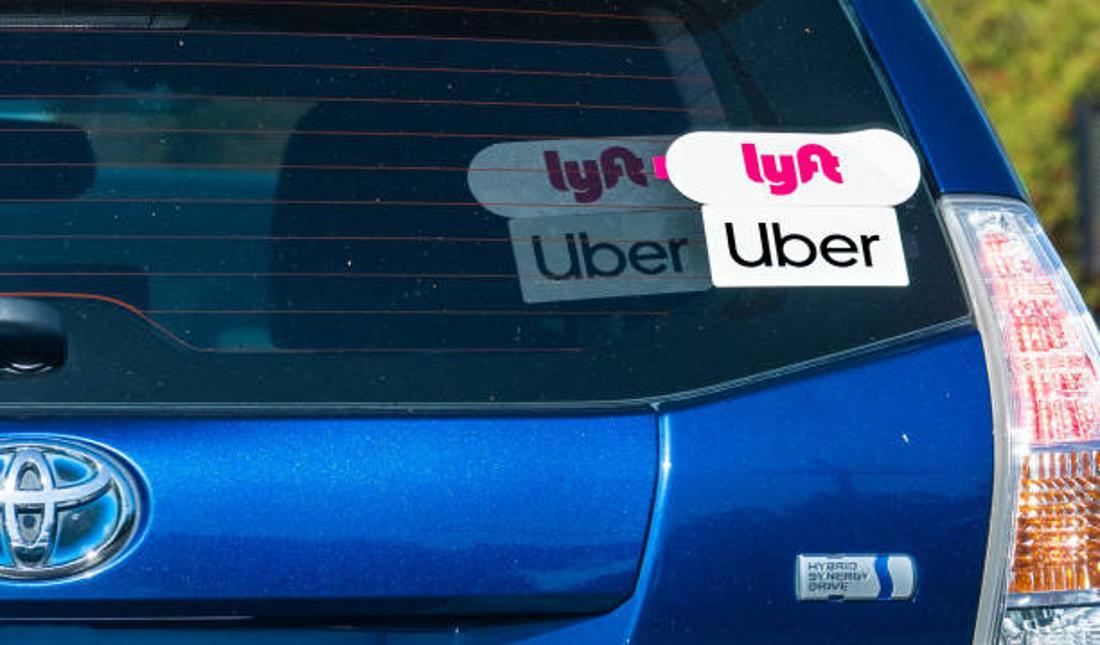
A state-commissioned study revealed that the median pay for drivers in Minneapolis and nearby St. Paul was a mere $13.63 after expenses, spotlighting the financial challenges faced by those in the rideshare industry.
This finding was a key factor driving the city’s push for higher wages, highlighting the gap between gross earnings and the actual take-home pay of drivers. The study also noted that drivers spent a significant amount of time waiting for hails without a passenger, further diminishing their effective earnings.
Minneapolis Takes a Stand
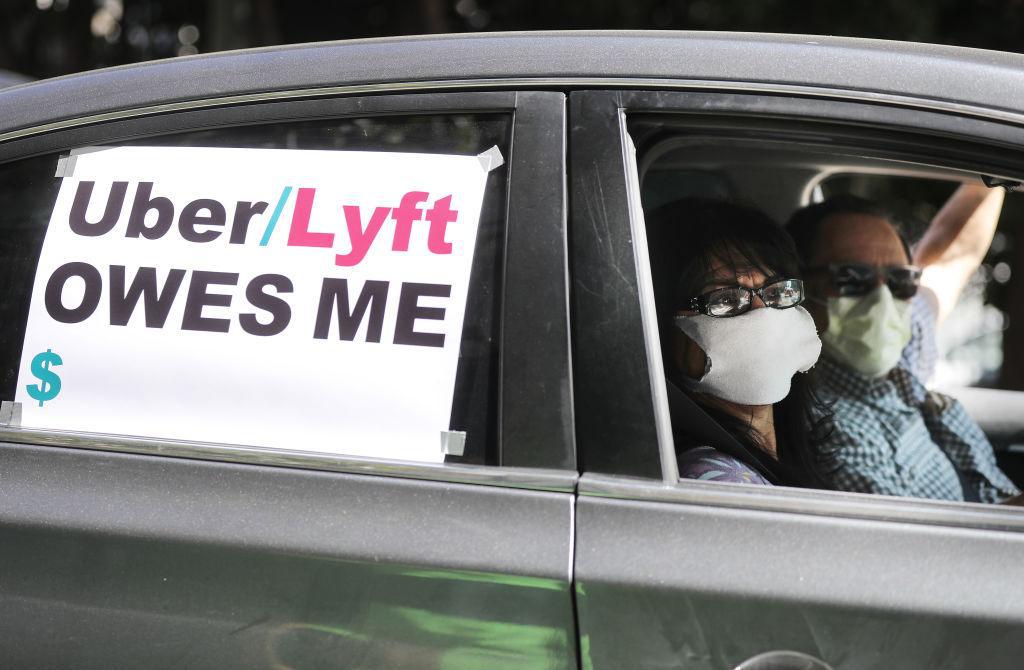
Despite threats from Uber and Lyft to cease operations, the Minneapolis City Council voted to establish a $15-an-hour minimum wage for app-based drivers (via Quartz). This move was a response to drivers’ complaints about their shrinking share of customer fares amidst rising costs.
The council’s decision showed a commitment to improving working conditions and earnings for drivers, challenging the business practices of the rideshare giants.
Uber and Lyft Threaten to Leave
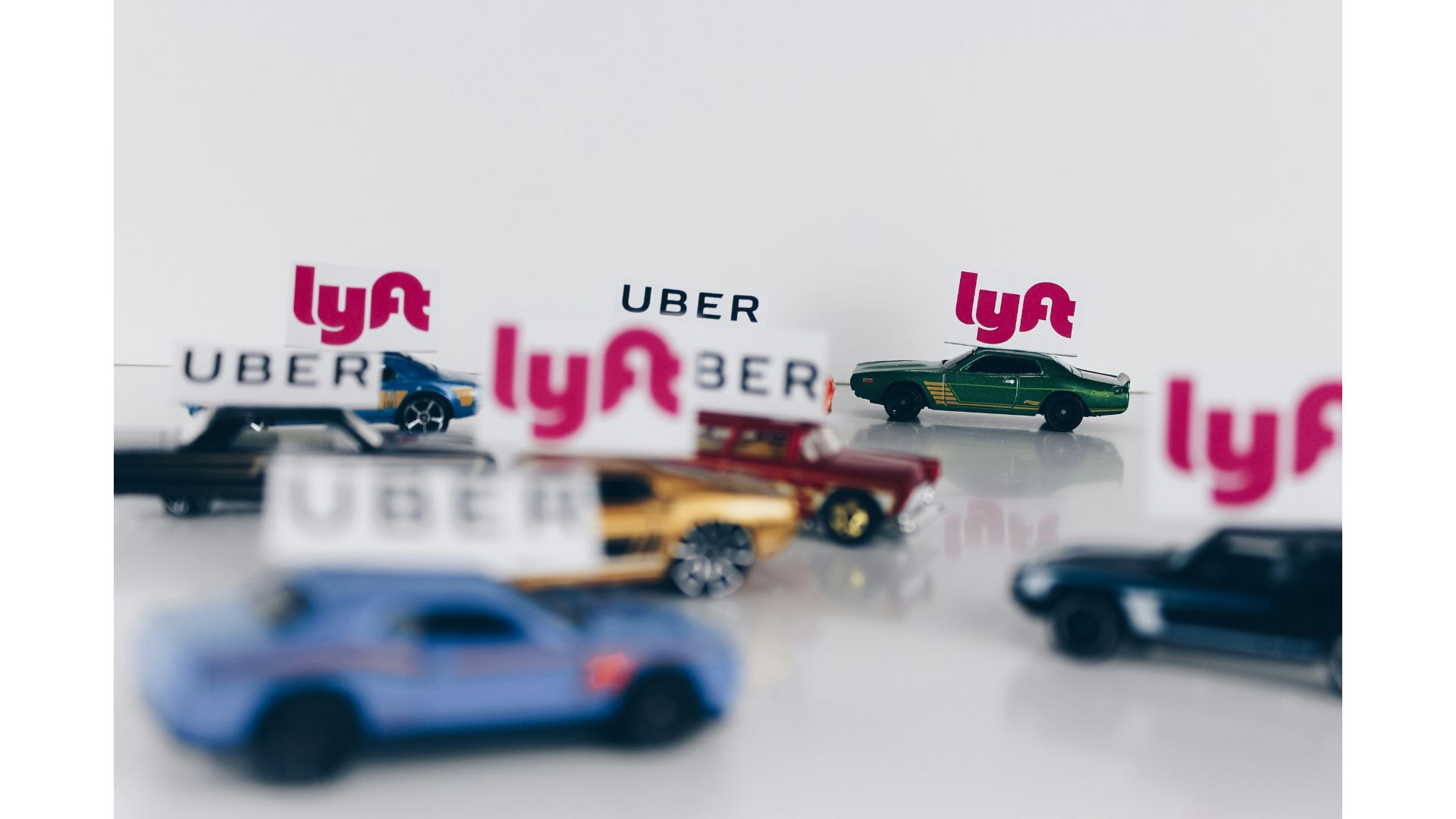
In response to the new ordinance, Uber and Lyft announced their intentions to halt operations in Minneapolis by May 1 (via CBS News). This potential exodus was seen as a bargaining chip, highlighting the companies’ history of pushing back against regulations they find unfavorable.
The threat to leave put the city in a difficult position, risking the availability of rideshare services for Minneapolis residents and visitors alike.
A Community Mobilizes
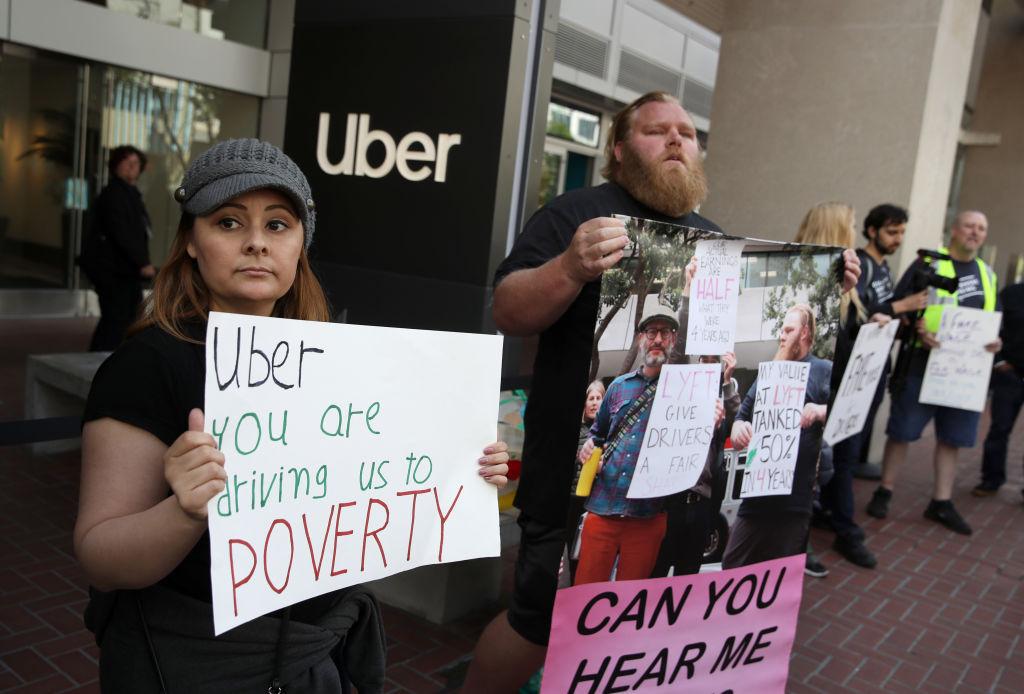
Faced with the prospect of losing Uber and Lyft, the city of Minneapolis and its drivers began exploring alternatives. The city proposed funding grants for businesses willing to develop new rideshare apps, while drivers discussed the possibility of creating their own platform (via the Star Tribune).
This movement towards self-sufficiency and innovation demonstrated the community’s resilience and determination to maintain rideshare services under fairer terms.
Drivers Forge a New Path
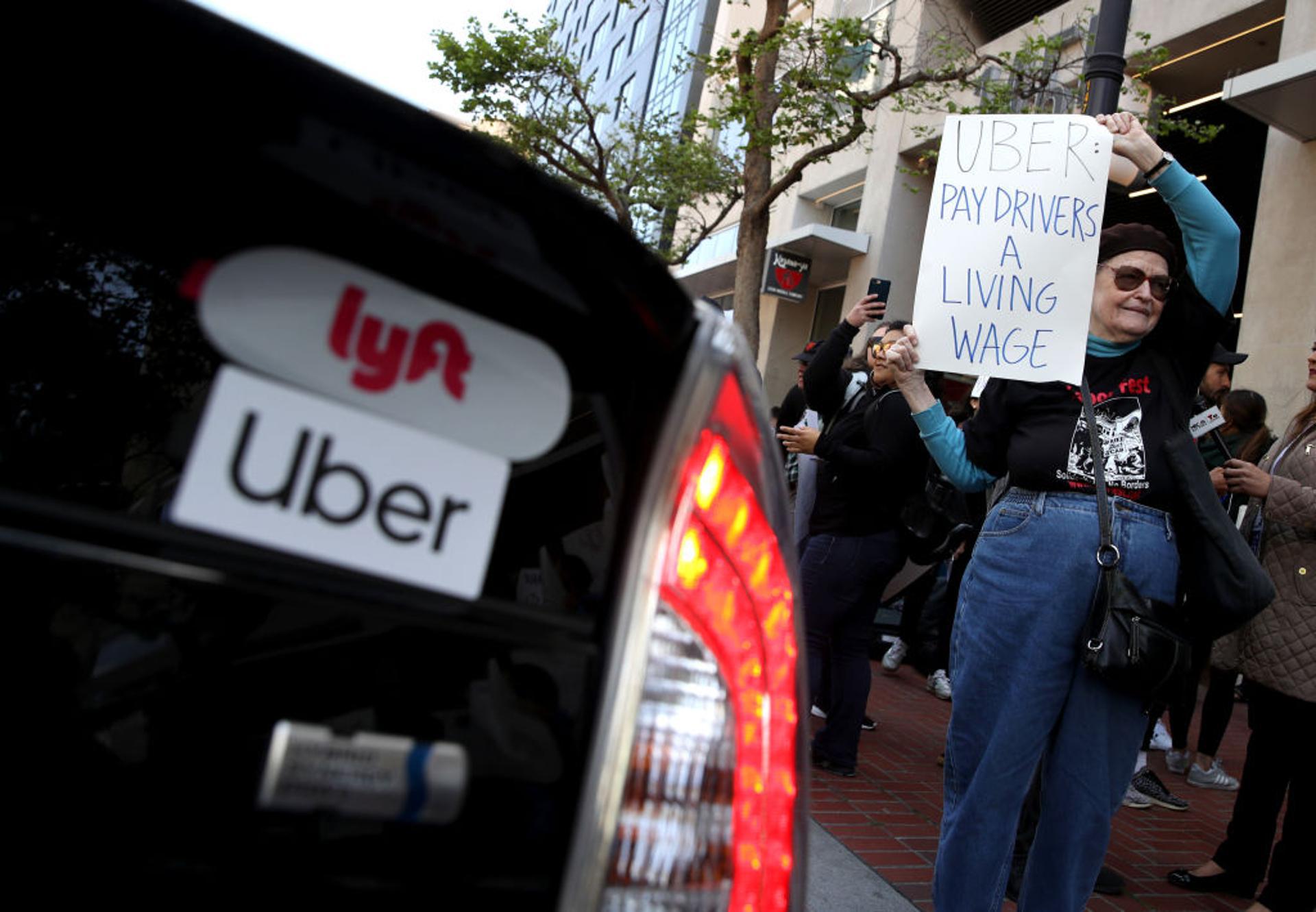
A group of activist drivers announced their plan to start a driver-owned rideshare cooperative, aiming to establish a fairer and more sustainable model.
This initiative was supported by the Minnesota Uber and Lyft Drivers Association (MULDA) and was inspired by a successful co-op in New York City. The announcement signaled a hopeful new direction for rideshare services, one that prioritizes driver welfare over corporate profits.
Inspiration From the Big Apple

The proposed cooperative in Minneapolis draws on the success of the Drivers Cooperative in New York City, which boasts a membership of 12,000 drivers. This model has proven that a driver-owned and operated service can not only exist but thrive in a competitive market.
The cooperative’s commitment to fair wages and worker rights offers a promising blueprint for Minneapolis drivers seeking to reshape the rideshare landscape.
The Financial Challenge Ahead

Launching a local rideshare cooperative requires significant funding, with estimates suggesting that at least $200,000 would be needed to get started. This figure highlights the daunting financial hurdles that new entrants into the rideshare market face, from securing state-mandated insurance to developing a user-friendly app.
Despite these challenges, the driver community is rallying support, demonstrating their commitment to creating a viable alternative to the established giants.
Navigating Regulatory Waters
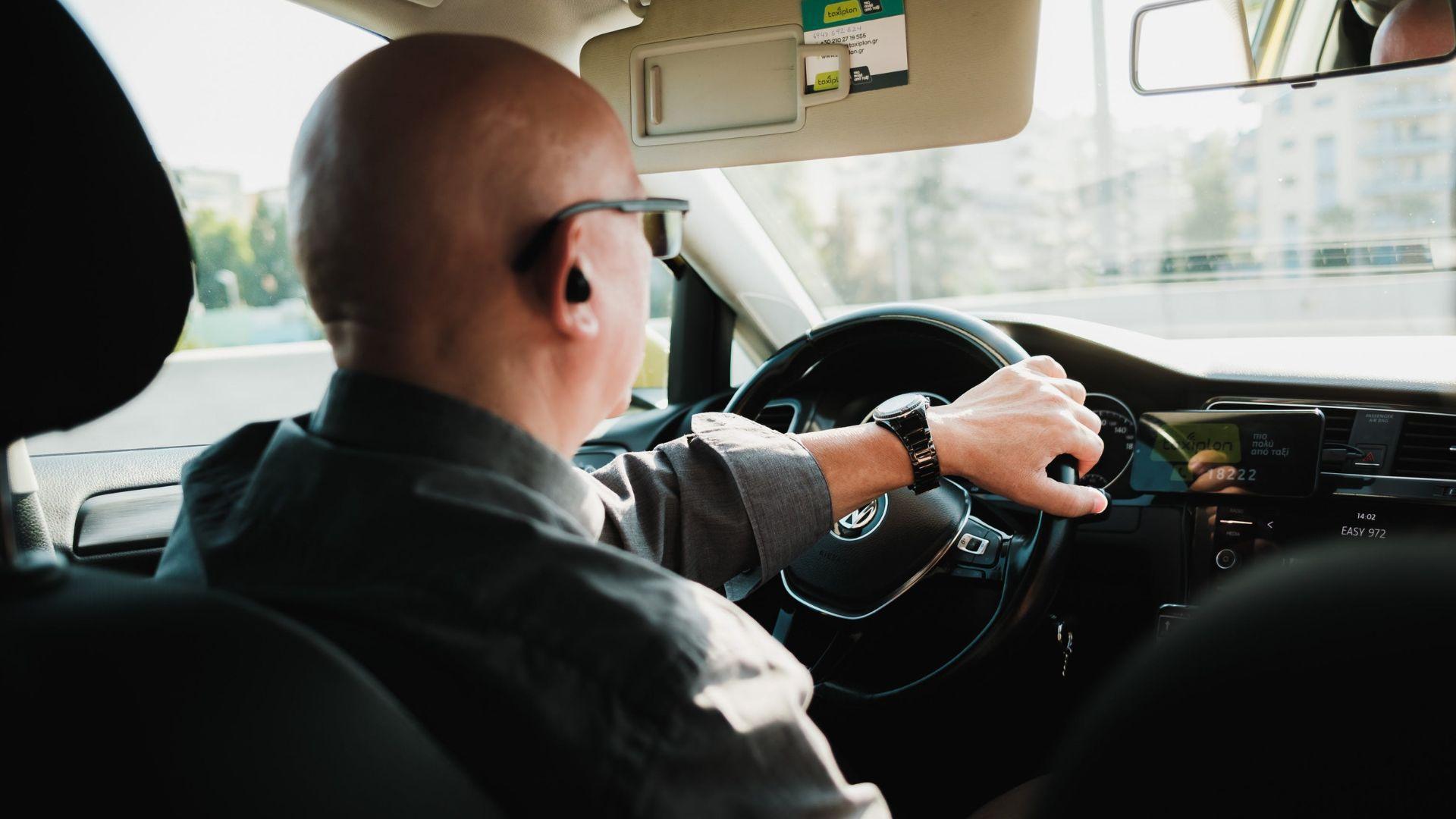
Any new rideshare service in Minneapolis must comply with a complex web of state and local regulations, including licensing, insurance, vehicle inspections, and driver background checks.
These requirements ensure passenger safety and fair competition but also pose significant challenges for startups trying to break into the market. The journey of the driver-owned co-op will be a test of how well grassroots initiatives can navigate these legal landscapes.
A Vision for the Future
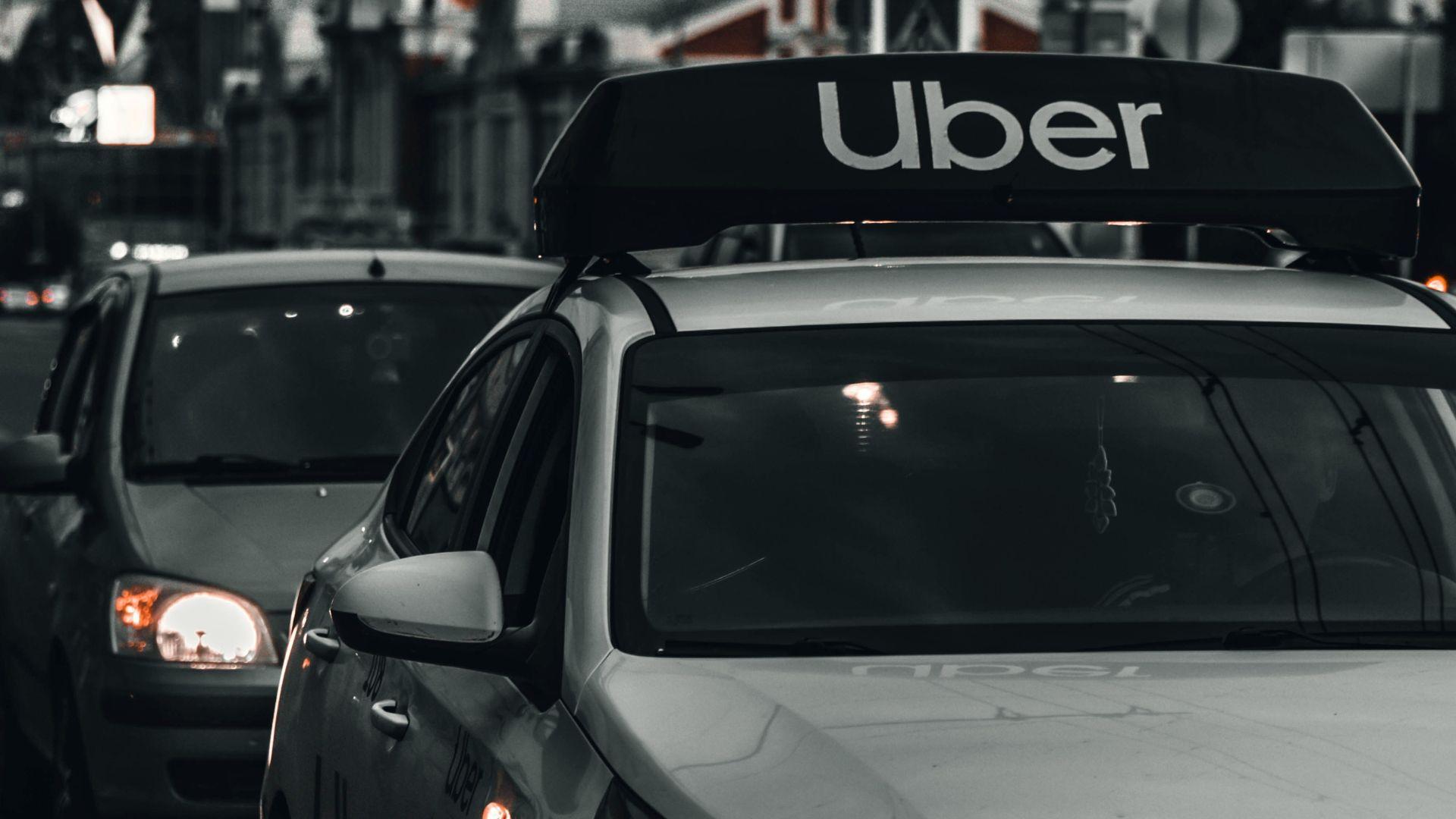
The dispute between Minneapolis and the rideshare companies raises important questions about the future of work, particularly in the gig economy. It highlights a growing recognition of the need for fair wages, worker protections, and sustainable business models.
As the city and its drivers forge new paths, they are setting a precedent that could inspire similar movements in other cities, signaling a potential shift towards more equitable and community-focused rideshare services.
The Road Ahead

As Minneapolis stands at the crossroads of regulatory challenge and technological innovation, the outcomes of this dispute could redefine the rideshare industry. Whether through compromise with existing companies or the establishment of new, driver-focused models, the city is pioneering efforts to ensure that the gig economy serves both its workers and the communities they support.
This moment in Minneapolis could mark the beginning of a new era in rideshare services, one where fairness, sustainability, and community are at the heart of the ride.
